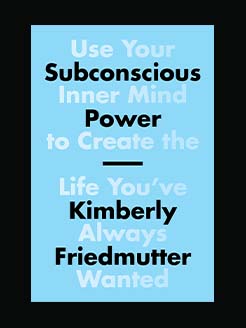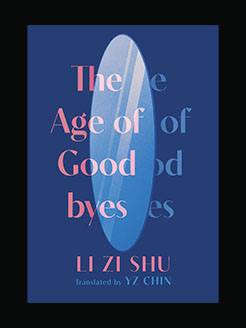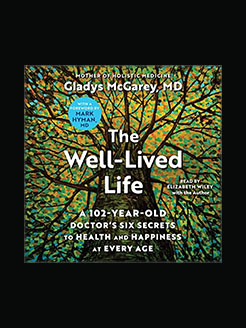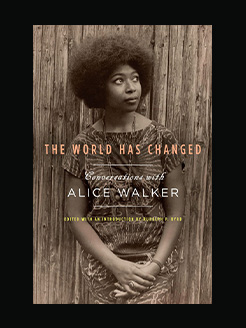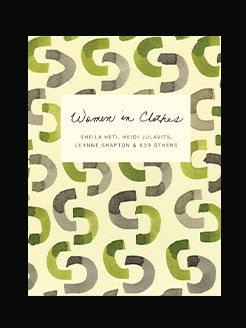Published in 2015
240 pages
Abby Smith Rumsey is a historian who writes about how ideas and information technologies shape perceptions of history, of time, and of personal and cultural identity. Trained at Harvard as a Russian scholar, she has worked in Soviet-era archives, spent a decade at the Library of Congress, and has consulted on digital collecting and curation, intellectual property issues, and the economics of digital information for a variety of universities and the National Science Foundation. She lives in San Francisco.
What is this book about?
Our memory gives the human species a unique evolutionary advantage. Our stories, ideas, and innovations–in a word, our “culture”–can be recorded and passed on to future generations. Our enduring culture and restless curiosity have enabled us to invent powerful information technologies that give us invaluable perspective on our past and define our future. Today, we stand at the very edge of a vast, uncharted digital landscape, where our collective memory is stored in ephemeral bits and bytes and lives in air-conditioned server rooms. What sources will historians turn to in 100, let alone 1,000 years to understand our own time if all of our memory lives in digital codes that may no longer be decipherable?
In When We Are No More Abby Smith Rumsey explores human memory from pre-history to the present to shed light on the grand challenge facing our world–the abundance of information and scarcity of human attention. Tracing the story from cuneiform tablets and papyrus scrolls, to movable type, books, and the birth of the Library of Congress, Rumsey weaves a compelling narrative that explores how humans have dealt with the problem of too much information throughout our history, and indeed how we might begin solve the same problem for our digital future. Serving as a call to consciousness, When We Are No More explains why data storage is not memory; why forgetting is the first step towards remembering; and above all, why memory is about the future, not the past.
